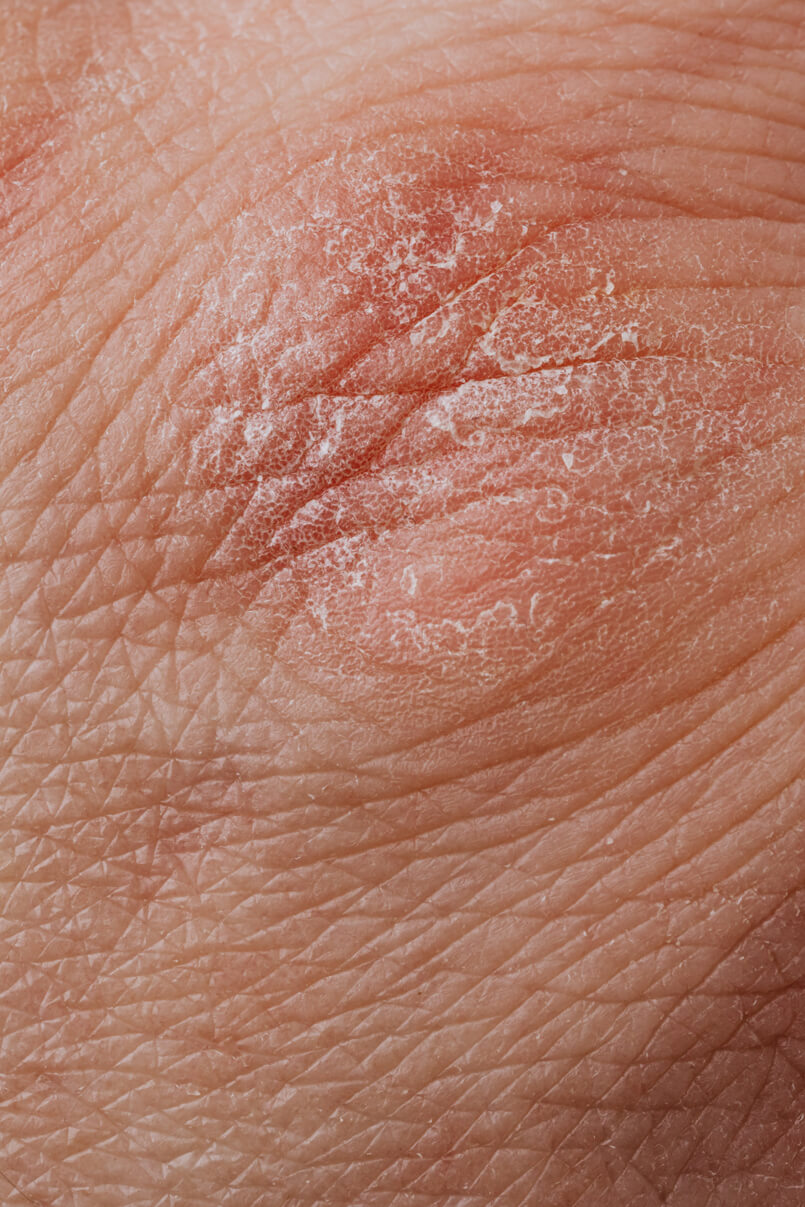Food Allergy Key Concepts
Even as the prevalence of food allergy is increasing (up to 8% of kids in the US have a food allergy), it seems that the myths surrounding food allergy are also increasing. One of the things I love about my job as an allergy fellow is helping patients and their families work through these myths and establish true allergy versus intolerance.

Happy Weekend, ya’ll! If you read my blog post last week, you would have learned that a few weeks ago, my precious O was diagnosed with a pistachio food allergy. I encourage you check out the post for details on the story and the emotional consequences of that new diagnosis on our family.
This week, I wanted to point out some key concepts from O’s story. Food allergy is confusing. But even as the prevalence of food allergy is increasing (up to 8% of kids in the US have a food allergy), it seems that the myths surrounding food allergy are also increasing. One of the things I love about my job as an allergy fellow is helping patients and their families work through these myths and establish true allergy versus intolerance.
So, let’s start there. Allergy versus intolerance. In a nutshell, food allergy can be divided into these two categories. True food allergy is mediated through an antibody that circulates in your body called IgE. This antibody binds to the food and recognizes it as foreign and bad. Next, a sequence of events happens to basically release histamine from specialized cells in your body. Histamine causes the reactions that we then see — rash, swelling, wheezing, and/or vomiting. That is IgE mediated food allergy.
A key concept with IgE mediated food allergy is that it is consistent. So, every single time your body is exposed to that food, you have a reaction. As one of my mentors says, “There’s no such thing as being a little food allergic, just like you can’t be a little pregnant. You either are food allergic or not.”
Another key concept is that it is immediate. Food allergy reactions typically happen within an hour of eating the food.
Treating the IgE mediated food allergy is dependent upon strict avoidance of the food in question because remember — it is a consistent reaction. Minor reactions are treated with an antihistamine, and finally anaphylaxis is treated with an EpiPen.
We also have non-IgE mediated reactions. This is what we call food intolerances. An example of this may be getting bloated after drinking milk but still tolerating cheese or yogurt without any physical problems. That’s an intolerance.
So, getting back to my O. Recalling her story, she developed hives and vomiting within one hour of eating pistachios. Key symptoms and timing is consistent with food allergy. Benadryl completely resolved her reaction. And avoidance of the food has now prevented recurrence of the reaction.
One caveat: O had vomiting. Technically, this is a sign of anaphylaxis and should be treated with an EpiPen. I did not have an EpiPen at home and was not certain that her vomiting was due to a large meal or an allergy. Thus, I did not call 911 at that time. Going forward, if O develops vomiting after eating pistachios (a known allergen), I absolutely would use my EpiPen and call 911.
Remember, food allergy is challenging! But if you or your child’s symptoms seem to match some of these key concepts discussed above, talk to your physician or your child’s pediatrician about a referral to an allergist. An allergist really can help clarify your concerns and provide those specific needed to diagnose a food allergy.







